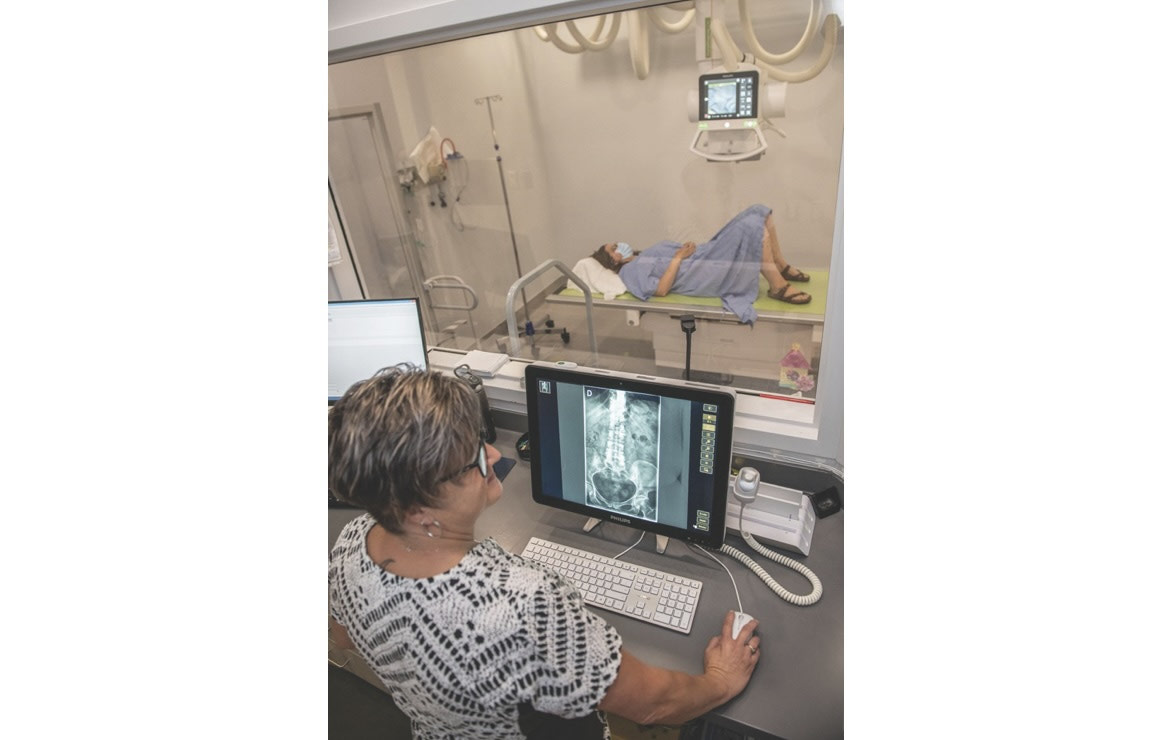Outaouais needs adequately funded health services
Tashi Farmilo
On December 1, 2024, Santé Québec will officially take over the management of health services across the province, centralising healthcare administration. However, this restructuring comes with troubling news for the Outaouais region, where the provincial government has announced a $90 million cut in healthcare funding to the Centre intégré de santé et de services sociaux de l'Outaouais (CISSSO).
The Coalition solidarité Outaouais, a collective of civil society organisations, trade unions, and community groups, has raised alarms about these cuts. Members of the coalition argue that these funding reductions, along with the increasing trend of privatising healthcare services, will have a detrimental effect on access to and quality of care in the region. “Private healthcare is less effective, more expensive, and inequitable,” warns Mathieu Charbonneau, director of Action Santé Outaouais. “It diverts resources and staff away from the public system, leading to longer wait times and reduced access to care.”
Geneviève Tremblay-Racette, coordinator of the Table ronde des organismes volontaires d’éducation populaire de l’Outaouais, emphasises that privatisation has already caused disruptions in critical areas like obstetrics, emergency services, and medical imaging. “Cutting public funding will only make the situation worse, particularly for the vulnerable populations who rely on these services,” she says.
In addition to the funding cuts, the shift to centralised management under Santé Québec raises concerns about the erosion of regional governance and local input. Many fear that decisions will be made without considering the unique needs of the Outaouais region, diminishing the ability of local healthcare workers and residents to have a say in the management of their services.
The Outaouais region has long struggled with a chronic shortfall in healthcare funding, now estimated at $200 million. This underfunding has contributed to declining services and a growing migration of healthcare professionals to neighbouring provinces. In light of this, leaders are calling for a significant reinvestment in the public healthcare system, as well as a return to more localised, democratic governance that gives citizens and healthcare workers a meaningful role in decision-making.
Alfonso Ibarra Ramirez, president of the CSN Outaouais Council, questions whether the government’s actions will accelerate the privatisation of the healthcare system. “Has the CAQ handed over the keys to the private sector, opening the door to even more privatisation?” he asks, noting that over 4,000 activists from the CSN and allied groups recently gathered in Trois-Rivières to protest the increasing privatisation of healthcare services. The group called on the government to stop the migration of doctors to private clinics, halt issuing permits to for-profit healthcare facilities, and impose a moratorium on outsourcing.
The cuts, which also affect mental health services and are made despite recent collective agreements aimed at improving regional healthcare, are deeply concerning. Guylaine Laroche, president of the APTS Outaouais, highlights the inconsistency in the government’s policy. “The government is imposing drastic cuts to services that the region has already been struggling to access. This will hurt vulnerable populations the most,” she says.
For years, the Outaouais has been underfunded, with healthcare services continuously deteriorating. The region is also seeing a steady outflow of healthcare professionals seeking better opportunities elsewhere. Now, with further cuts looming, the government must act to reinvest in the public system, improve working conditions for healthcare staff, and ensure that healthcare services are accessible to all residents.
The Coalition solidarité Outaouais continues to call for a healthcare system that remains public, adequately funded, and accessible to all. “To meet the specific needs of the Outaouais region, we need a reinvestment in public healthcare, and we need a governance system that listens to the voices of both citizens and healthcare workers,” concludes Charbonneau.






